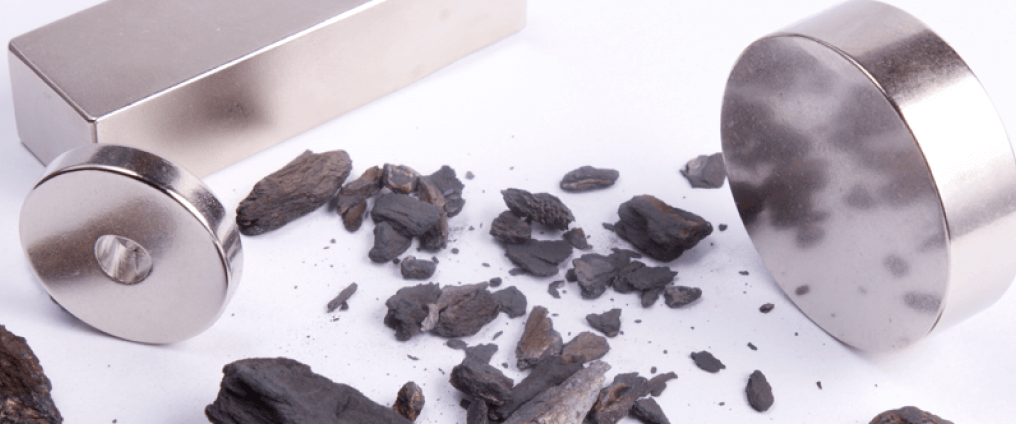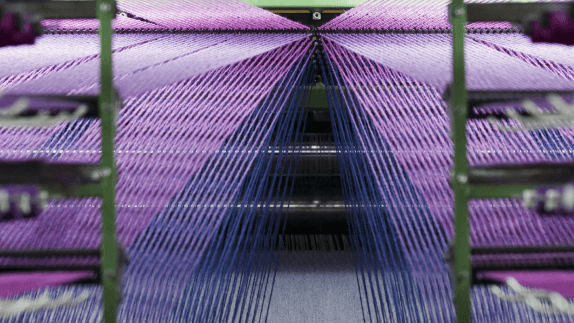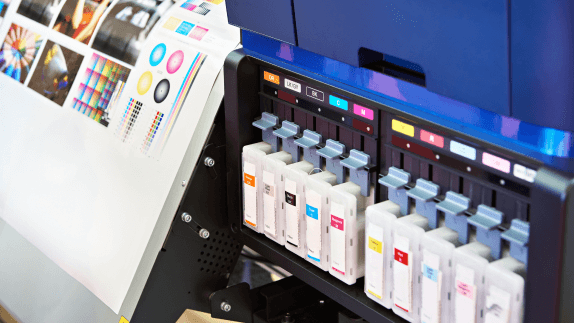Permanent magnets (specifically neodymium-iron-boron magnets, aka “NdFeB” magnets) are critical to many of the applications that we rely on in our modern lives. They can be found in a range of products from consumer electronics (hard disk drives, speakers, and headphones), to electric motors, generators and automobiles. Manufacturing NdFeB magnets from virgin metals relies on continual resource inputs, and is very environmentally taxing. Despite this, hundreds of thousands of tons of NdFeB magnets sit in landfills as the products that contain them are thrown away, often after their first use.
The Innovation
By using the magnets found in end-of-use products as a feedstock, Noveon has patented a process whereby they are able to reprocess the scrap magnets into new, custom made magnets. Noveon’s magnets not only come with improved properties compared to the starting material, the fact that Noveon uses recycled magnet as feedstock allows them to protect themselves from raw material price fluctuations that plague the rest of the market. This process is known as Magnet-to-Magnet™, or M2M™. Being able to produce magnets in this way reduces energy consumption, the impact on the environment, as well as the landfill space occupied by end-of-use magnets.
The Benefits
Saves 11 tons of CO2 per ton of magnet produced relative to magnets using virgin materialsvirgin materialsMaterials that have not yet been used in the economy.
Uses 52% of the energy used in traditional magnet manufacturing (this reduces further to 9% if avoidance of mining is included)
Produces no acidic wastewater, nor does it release or produce radioactive waste byproducts (by contrast, traditional rare-earth mining produces one ton of acidic and radioactive wastewater per ton of magnet produced)
Reduces carcinogens, smog, respiratory effects, and ozone depletion
Image Credit: Noveon





